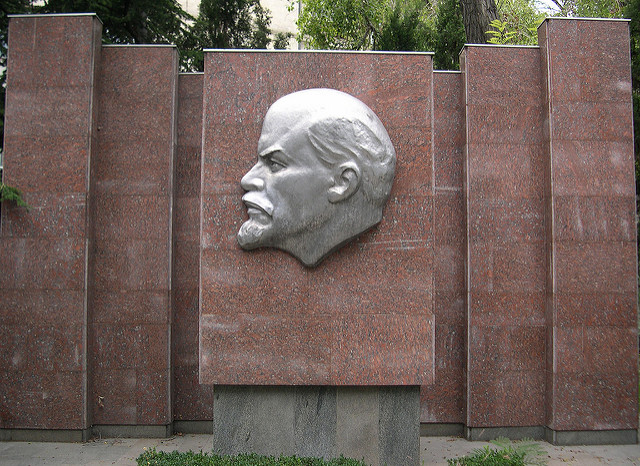Margins still matter. If the flyers that litter inner city neighborhoods have any say on the issue. Promoting bands with political names. Written in languages other than the national. Being on the outside still has value. At least culturally speaking.
The fact that the margins are the least bit intelligible, albeit unavoidable, is because they are in fact mainstream. Hegel’s dialectic, of thesis and antithesis, make sense precisely because of it describes reality as it’s experienced.
Negation is affirmation and both are simultaneous. They’re mirror images of each other. This doesn’t mean that politics never transcends being a reflex. Far from it. At it’s best, the political is just a self-conscious expression of negation.
It may not lead anywhere, but it raises the impulse to the level of reason. That’s what it recovers. This is why so many people, particularly the young, continue to appeal to it. Whether it’s bound up with music or strict politics, the answer is immaterial.

Germany, with its rich history of both right and left-wing politics, is an ideal place to do politics culturally, this way. Particularly in Berlin, where the immediate reward of critique is as much about participating in a communal continuum as it is about results.
In some ways, this begs the question why we use the word ‘negative’ at all. Particularly if it’s just about signifying the opposite, or, in more conventional leftwing terms, the superior, or preferred. Hence the invocation of the dialectic.
The second flyer’s decision to indulge English, to discuss the right-wing sameness of German politics, is a case in point. There’s a hope that by using another language to discuss it, there is a possibility of escaping its perceived inherent conservativism.
Surely, that is a negation of German, as it conflates an entire culture, with an ideology. But the idea that embracing another grammar, to do better politics, is itself entirely affirmative.





